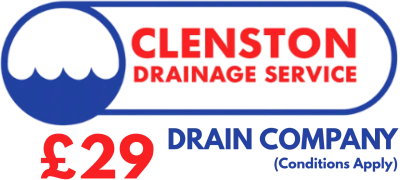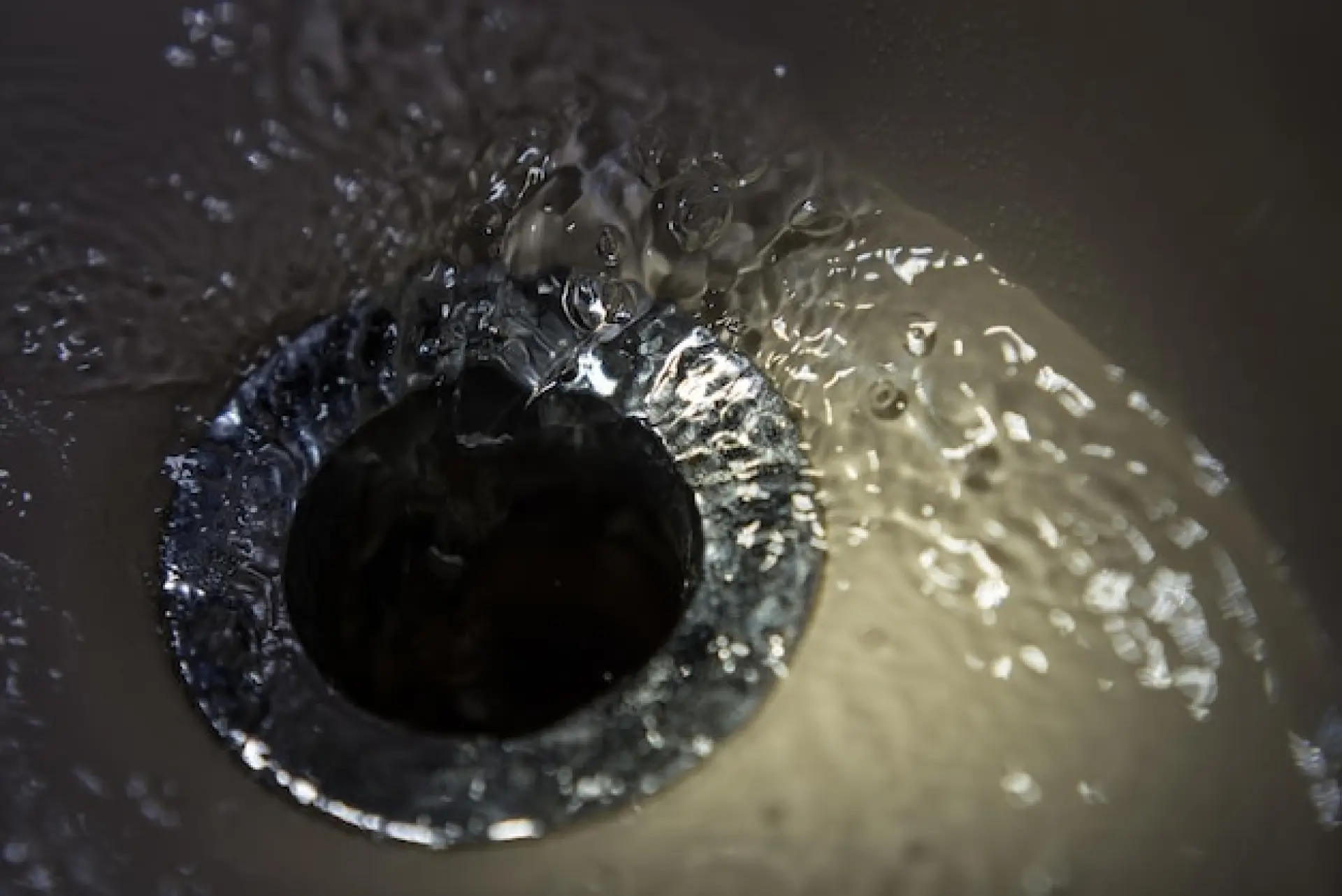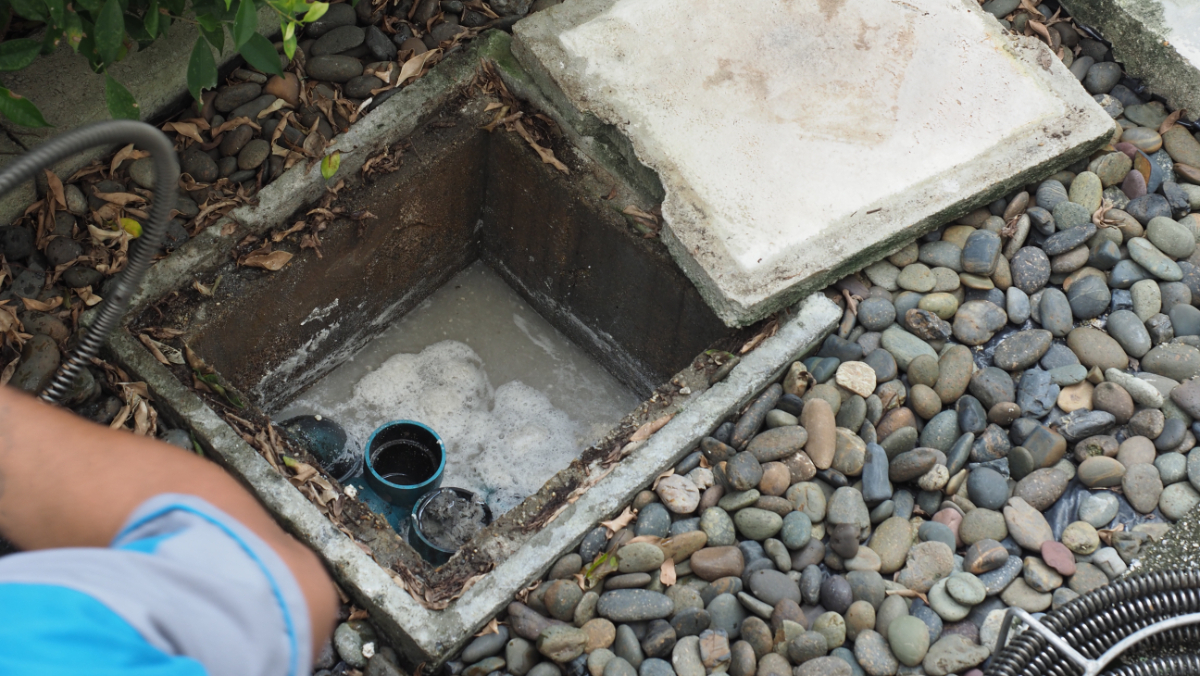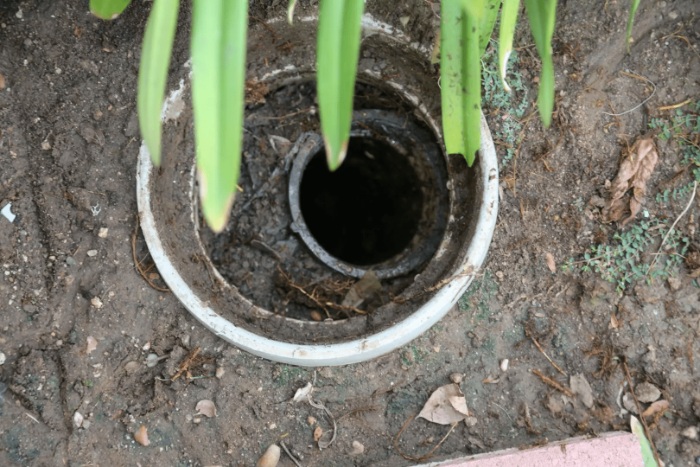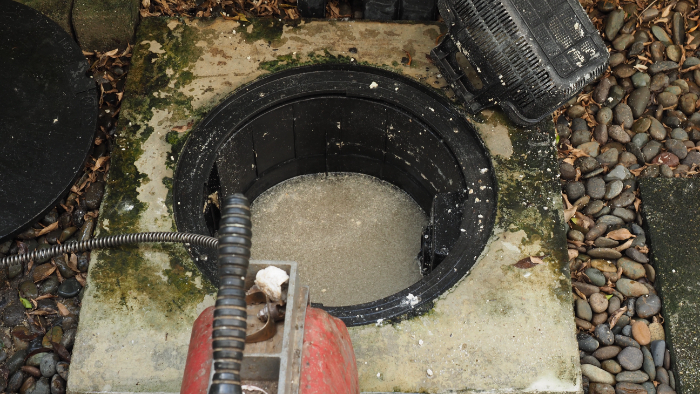Don't underestimate the dangers of ignoring a blocked drain. From property damage to health risks, we reveal why swift action is necessary to avoid minor issues turning major.
Why Blocked Drains Shouldn’t Be Ignored
A blocked drain might not seem like a big problem at first, but ignoring it can cause serious trouble. When water can’t flow properly through pipes, it builds up, leading to flooding, bad smells, and even damage to your home.
One of the biggest problems with blocked drains is that they don’t fix themselves. A small blockage can quickly grow bigger, making it harder for water to pass through. This can cause sinks, toilets, and showers to drain slowly or even overflow. In some cases, the blockage might be deep in the pipes, making it harder to reach without professional help.
Blocked drains also create a perfect home for bacteria and pests. The trapped food, grease, and other waste start to rot, which makes the area smelly and attracts insects like flies. In worse cases, it could even encourage rats!
Ignoring a blocked drain can also lead to costly repairs. If water overflows, it can damage floors, walls, and furniture. In severe cases, it can weaken the structure of a building, making it unsafe.
Instead of waiting for things to get worse, it’s always best to deal with a blocked drain as soon as you notice it. Cleaning your drains regularly and being careful about what goes down them can help keep your home safe and fresh.
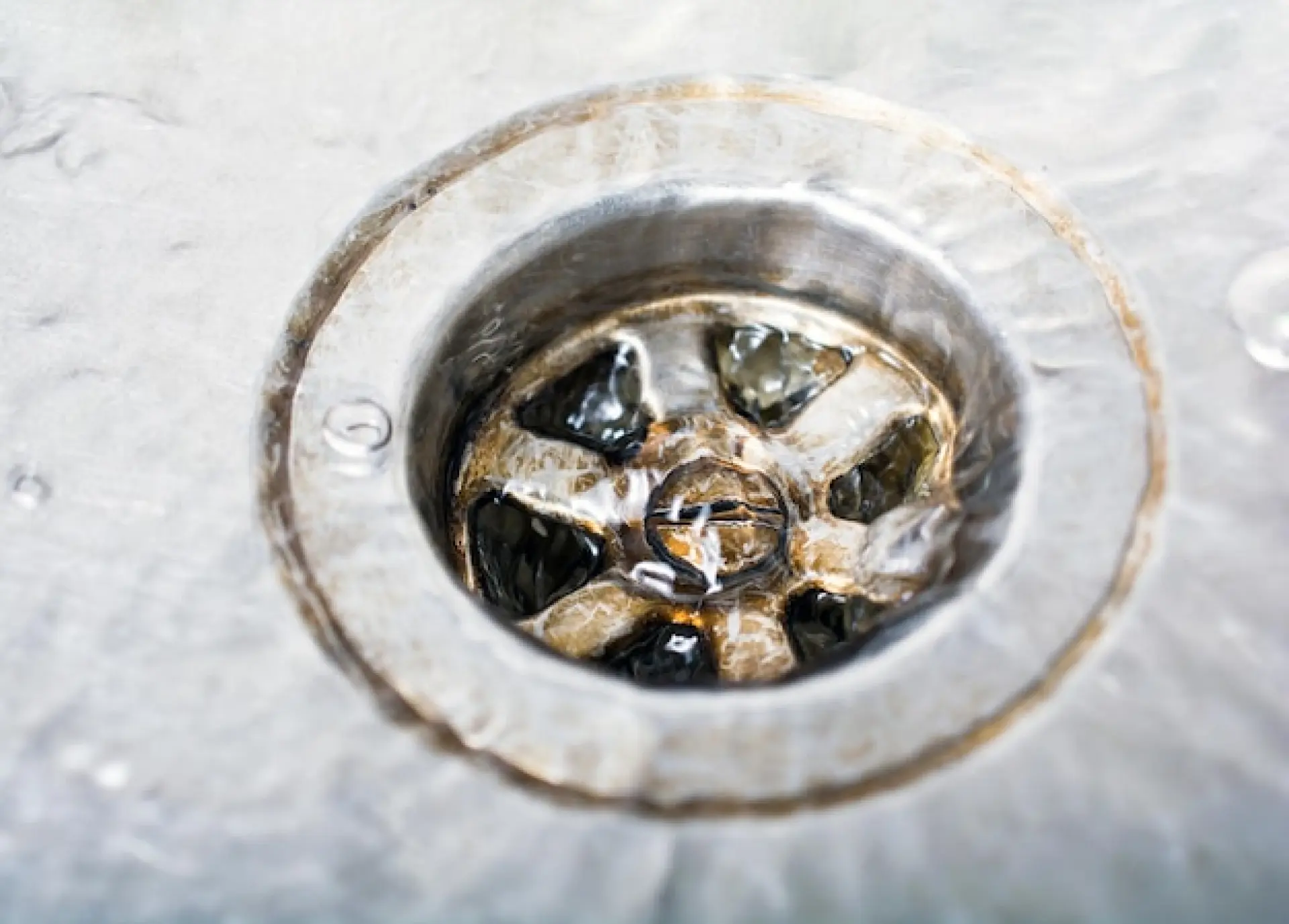
Common Causes of Drain Blockages
Drains can become blocked for many reasons. Knowing the most common causes can help you avoid problems in the future.
Food Waste and Grease
One of the main reasons kitchen sinks get blocked is food waste and grease. When people wash plates and pots, tiny bits of food and fat get washed down the drain. Over time, these stick to the inside of pipes, creating a thick, sticky layer. This makes it harder for water to flow and can lead to a complete blockage.
Even small amounts of oil or grease can build up over time. When grease cools, it hardens and sticks to the pipe walls. The more this happens, the narrower the pipe becomes until hardly any water can get through. Cooking oils, butter, and fatty foods like bacon should never be poured down the sink. Instead, let them cool and dispose of them in the bin.
Hair and Soap Scum
In bathrooms, hair and soap scum are two of the biggest causes of drain blockages. When people wash their hair, loose strands fall out and go down the drain. These strands tangle together and mix with soap residue, creating clumps that can block pipes.
Soap scum is another problem. It forms when soap mixes with minerals in the water, creating a sticky layer that clings to pipes. This layer traps other debris, making blockages worse over time. Using drain covers and regularly clearing out hair can help prevent this issue.
Toiletries and Foreign Objects
Toilets are only designed to handle toilet paper and human waste. However, many people flush items that shouldn’t go down the drain, such as wet wipes, cotton pads, nappies, and sanitary products.
Unlike toilet paper, these items don’t break down easily and can quickly cause a blockage. Even things as small as cotton buds or dental floss can tangle together and create a clog.
Leaves and Outdoor Debris
Drains outside can also get blocked, especially after storms or autumn. Leaves, twigs, and dirt can collect in gutters and drains, stopping water from flowing. If not cleaned, this can lead to flooding and even damage the foundations of a house.
By understanding what causes blockages, we can take steps to stop them before they become serious problems.
By understanding what causes blockages, we can take steps to stop them before they become serious problems.
Health Risks from a Blocked Drain
A blocked drain isn’t just annoying—it can also be a danger to your health. When water can’t flow properly, it creates a breeding ground for bacteria and other harmful germs.
One of the biggest problems with blocked drains is the bad smell. Waste and stagnant water trapped in the pipes start to rot, releasing foul odours. These smells don’t just make your home unpleasant; they can also cause headaches, nausea, and breathing problems, especially for people with asthma.
Blocked drains also attract pests. Flies and cockroaches are drawn to the rotting food and waste in clogged pipes. Worse still, blocked sewer pipes can attract rats, which can carry dangerous diseases such as leptospirosis. If you notice more pests around your home, a blocked drain could be the cause.
Standing water and damp conditions from a blockage can also encourage mould growth. Mould spores spread through the air and can cause allergies, skin irritation, and respiratory issues. People with asthma or weakened immune systems are especially at risk.
In serious cases, bacteria from a blocked drain can enter drinking water supplies, increasing the risk of stomach infections. To protect your health, it’s important to deal with drain blockages quickly and keep pipes clean and clear.
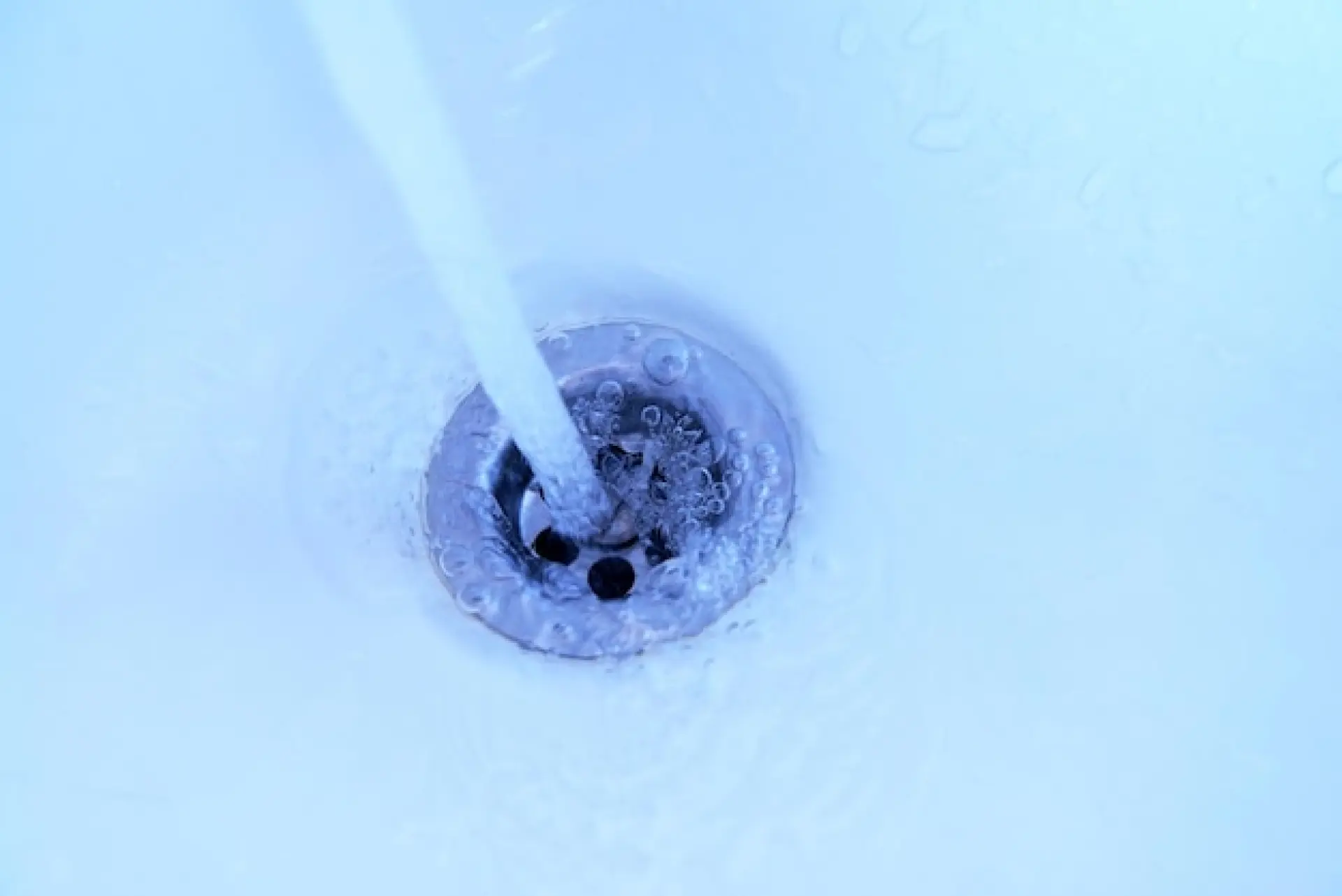
Water Damage and Structural Issues
Blocked drains can cause more than just bad smells and pests—they can lead to serious damage to your home.
When water can’t flow away properly, it starts to back up. This can cause leaks and flooding, which can ruin carpets, walls, and furniture. If left untreated, damp conditions can lead to mould growth, which damages paint and wallpaper.
In more serious cases, water damage can weaken a building’s structure. If a blockage causes a drainpipe to burst, water can seep into walls, floors, and even the foundations of a house. Over time, this can make the building unsafe.
Outside, blocked drains can create large puddles in the garden or driveway. If water sits there for too long, it can erode the ground, making paths uneven or causing cracks in walls. In winter, standing water can freeze, leading to even more damage.
Fixing water damage can be very expensive, so it’s best to prevent it from happening in the first place. Keeping an eye on your drains and acting fast when you notice a problem can save you a lot of trouble.
How to Prevent Drain Blockages
The best way to avoid blocked drains is to take care of them before problems start. Here are some simple steps to keep your drains clear and working properly.
Dispose of Waste Properly
One of the most important ways to prevent blockages is to be careful about what goes down the drain. Never pour fat, oil, or grease into the sink, as they harden inside the pipes and create clogs. Instead, let them cool and throw them in the bin.
Food scraps should also be disposed of properly. Even small bits of rice, pasta, or coffee grounds can build up in pipes and cause blockages. Using a sink strainer can help catch food waste before it goes down the drain.
Use Drain Covers
In the bathroom, hair and soap scum are major causes of blocked drains. Using a drain cover or hair catcher in showers and sinks can prevent hair from going down the drain. Cleaning these covers regularly stops build-up before it becomes a problem.
Soap scum can also cause blockages, especially in hard water areas. Using liquid soap instead of bar soap can help reduce scum build-up.
Regular Cleaning and Maintenance
A simple way to prevent blockages is to clean your drains regularly. Pouring hot water down the sink once a week can help clear grease and soap build-up. A mixture of baking soda and vinegar is also an effective way to break down minor clogs and keep drains fresh.
For outdoor drains, make sure to remove leaves and debris, especially in autumn. Keeping gutters and drains clear will help prevent flooding and water damage
Be Careful What You Flush
Toilets are only designed to handle toilet paper and human waste. Flushing items like wet wipes, cotton buds, sanitary products, or nappies can quickly lead to blockages.
Even products labelled as “flushable” can cause problems, as they do not break down as easily as toilet paper. The best rule is: if it’s not toilet paper, put it in the bin!
By following these simple steps, you can keep your drains flowing smoothly and avoid costly repairs.
We provide expert drain unblocking services across Greater Manchester and surrounding areas. Whether you’re dealing with a slow drain, a stubborn blockage, or an emergency drainage issue, our team is ready to help with fast, effective, and professional solutions for both residential and commercial properties.
